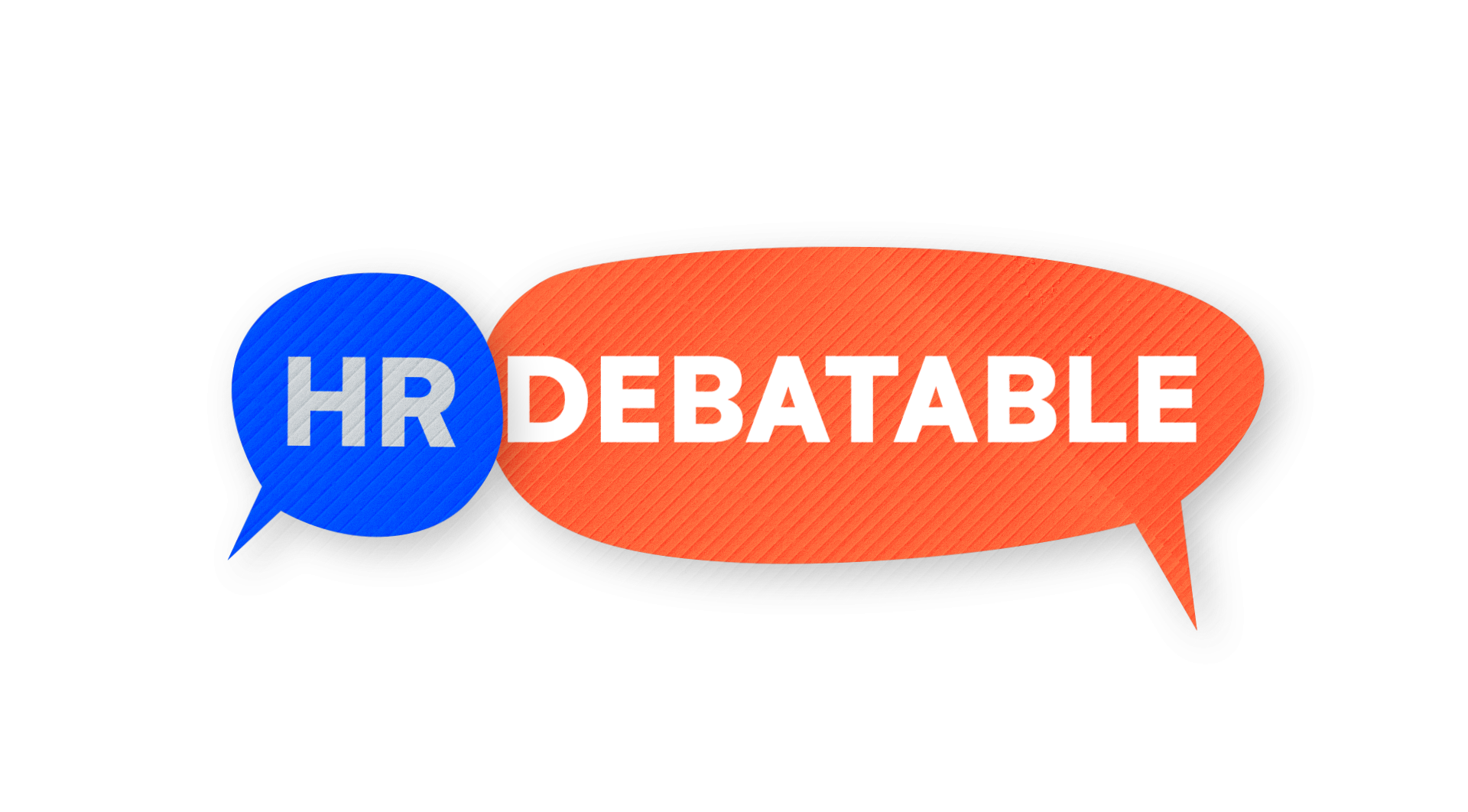Join session
PARENTAL LEAVE IS THE BIGGEST HYPOCRISY IN THE WORKPLACE
Presented by
Description
A few months ago I was talking about the topic of parental leave with an HR Debatable guest. She mentioned how she’d been in a company where people said things like ‘This candidate is over 40 so she won’t go on maternity leave.’ and ‘With you we won’t have the risk of you talking parental leave since you’re a lesbian.’
It made us think of how sincere companies are when it comes to parental leave. Do they really want their employees to take the leave they are legally entitled to when they become parents so that they can enjoy this precious time with their newborn? Or do they perceive it as an annoying legal obligation and something they can’t avoid?
Findings from the Parental Fog Index 2022 point to the latter: they found that two-thirds of employers don’t publish basic details of parental pay and leave and that while, according to a survey by Ashby Jenkins Recruitment, over 50% of respondents state parental leave policies as a key deciding factor for many job hunters.
According to research by Glassdoor, women are truly fearful of asking about maternity benefits. 78% of them said the topic is high on the list of things they definitely would not ask during an interview.
Once through the door, only 32% said they found information about maternity leave in their induction packs while 13% had to aks about the policies as they are not published anywhere.
According to a 2022 Business Insider article, the share of US workers who have access to family leave, including parental leave is increasing (12% a decade ago to 25% today and 90% for unpaid leave) but the rate at which women take parental leave has stayed relatively flat. (the number of men taking paternity leave has increased threefold but is still only 10%)
The biggest reasons why people don’t take their (full) paternity leave are financial constraints and career considerations.
Research by the campaign group Pregnant Than Screwed shows that 74% of all mothers had received comments that their performance had dipped due to pregnancy or maternity leave and 64% had their boss or colleagues made hurtful comments about the way they looked.
As the Business Insider article said beautifully: it’s easy for companies to trumpet a generous policy and offer a benefit that so few workers actually take up.
All of this bring me to our first statement of today:
Parental Leave is the biggest example of hypocrisy in the workplace


